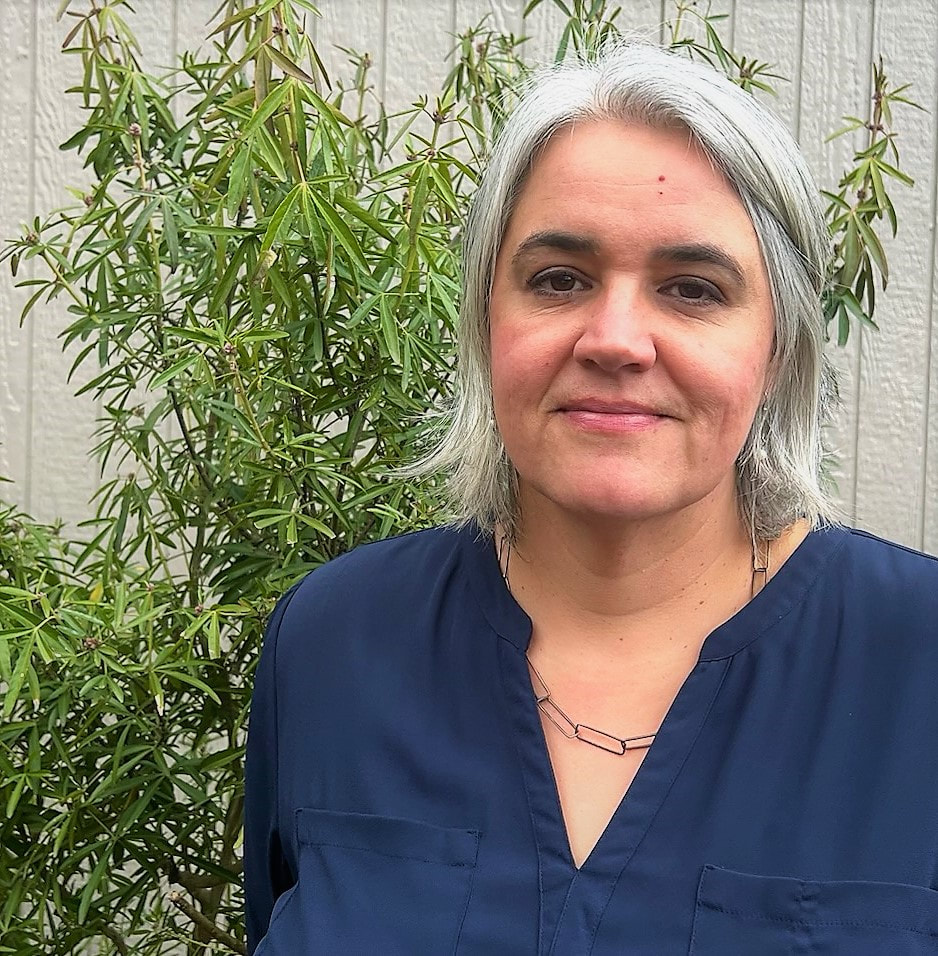An Iranian American Minister Reflection
by Rev. Mitra Rahnema
Months ago, a kind, gentle, intelligent congregant asked me to bless her identification tags aka: dog tags. She had been placed on alert for a secret military mission. No one knew what or where it would be. I held the tags in my hands and prayed—for her safety, for ease of heart, and for a sense of purpose beyond the issued “mission.” With tears in her eyes, she began to say, “If anything happens to me…” then checked on her words. I said, “Tell your family to call me. I’ll help them.” We hugged and went our separate ways.
A few weeks later, she was deployed. She sent me a message:
“I think of all the people living in fear right now and am hoping for a peaceful resolution… I don’t know if you’ve got friends or family there, but either way, it’s hard to take in.”
A day later the big planes took off and bombing in Iran began.
I’m making sure my family in Tehran is safe (they are—for now). I’m desperate for scraps of information – like trying to figure out where exactly was that apartment building—across the street from the facility—that collapsed in the bombing? I have nightmares – dreaming I was in war trying to figure out where to go.
I’m 51 years old. My entire life, I’ve watched my government make decisions that destabilize the Middle East. I’m furious—not just at the destruction, but at what it means for the people, especially the women of Iran.
The Zan, Zendegi, Azadi (Women, Life, Freedom) movement was cracking open possibilities.
There is where you will find “regime change.” Instead, the movement is crushed under the weight of pride, empire, and the games of governments more interested in legacy than life and freedom.
I watch elected officials, pundits, and Trump’s administration leaders argue on TV—not about the lives and hopes lost, about the use of violence in the name of peace, but about the coverage of the bombing.
The whining is endless. Did it “obliterate” the nuclear facilities or not? If you don’t say “obliterated,” are you somehow insulting the military personnel who participated in the mission? This shallow and soulless conversation goes on for days. I think on blessing the tags and realize this conversation about obliteration is an arrogant missing of the point. It becomes the mark of sin against humanity.
What is obliteration really?
- Obliteration is a 20-something trans guy who takes his own life, partly out of fear he’ll be forced to de-transition. His family: obliterated.
- Obliteration is hearing a Supreme Court justice mock a lawyer for saying someone “lied.” His paternalism obliterates the dignity of our highest court.
- Obliteration is loving someone with a brain injury, who no longer remembers the life you shared. That is obliterating.
- Obliteration is children starving and entire neighborhoods buried under rubble in Gaza —obliterated, then forgotten.
- Obliteration is the echo of a woman’s scream as masked men take her to be deported. That sound obliterates any remaining faith in our justice system.
- Obliteration is when people, even colleagues, suddenly worried about anti-Semitism while still using terms like “Old” and “New” Testament. The irony is obliterating.
- Obliteration is being Iranian American and watching both governments—U.S. and Iran— at war with each other while they also both deny your worth. Both inferring: She’s not ours. They have a lot in common. That is obliterating.
- Obliteration is blessing dog tags, praying that a gentle beautiful soul survives with her humanity intact, and not be obliterated.
The Trump administration, the political leaders, pundits, commentators have no idea what obliteration is.
But we do.
We, the people of obliteration—the people who live in the margins, the people who grieve deeply and still show up, who bless even when our hearts break, who do things we do not want to do —we understand.
And we have learned that the obliterated live on! We will never be obliterated!
About the Author

REV. MITRA RAHNEMA is a biracial Iranian American lifelong Unitarian Universalist. She is currently offering her ministry at the Unitarian Universalist Church of Long Beach, California. Prior to Long Beach she served communities in Grosse Point, Michigan; Mission Viejo, California; and Kansas City, Kansas. She is currently a member of the UUMA Committee on Antiracism, Anti-Oppression, and Multiculturalism. She has dedicated her life toward building vibrant and engaged anti-oppressive communities.

